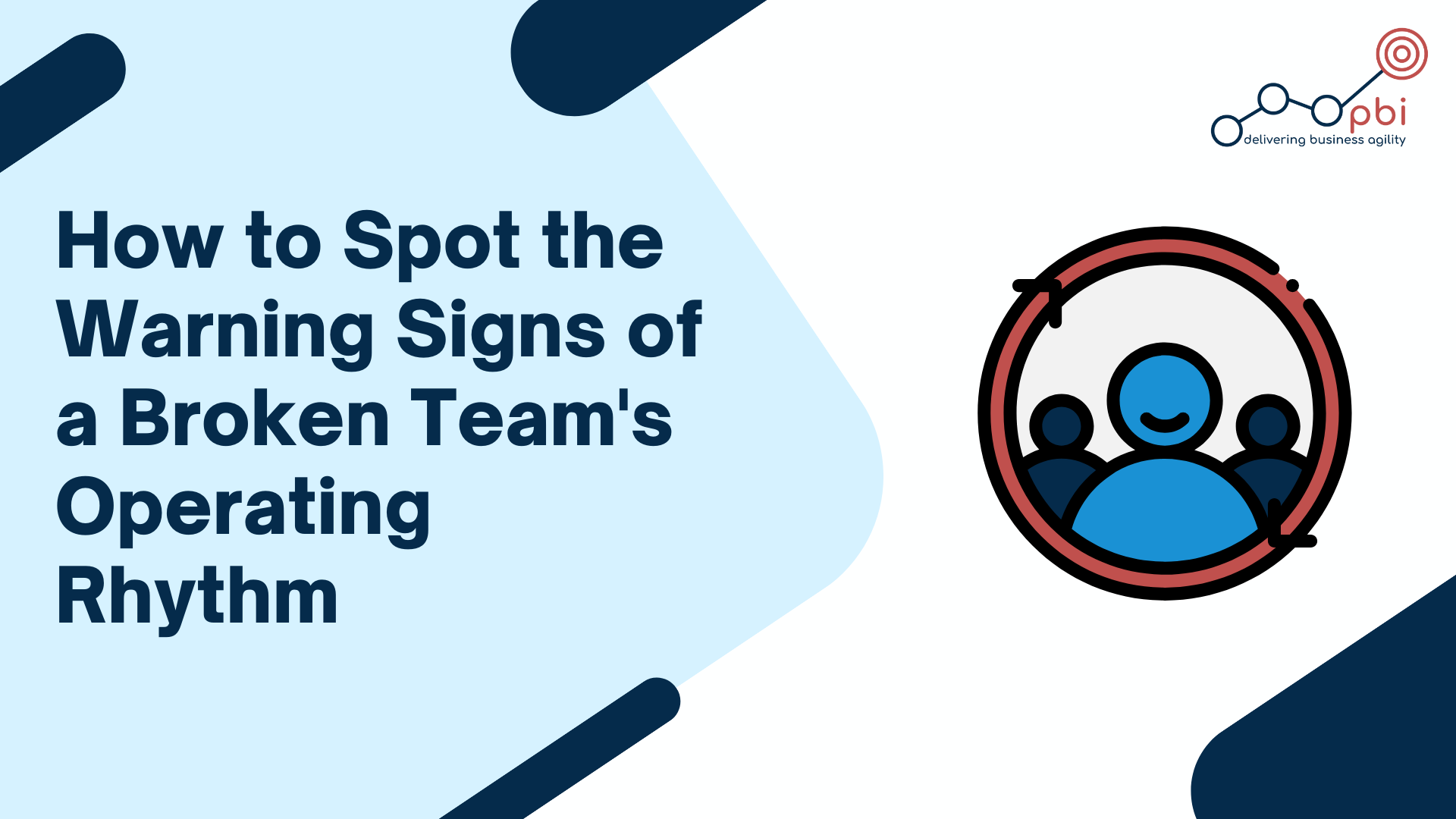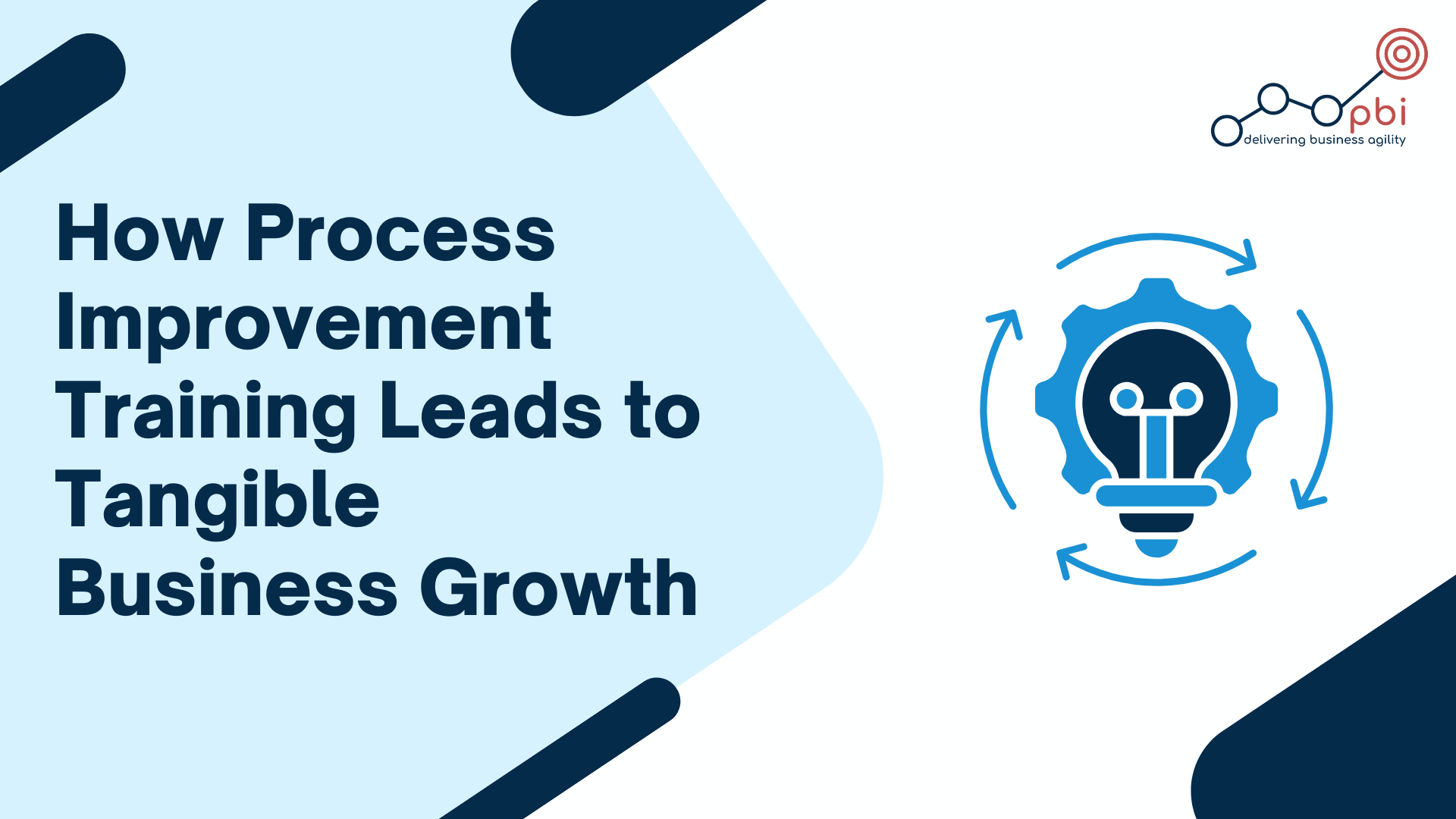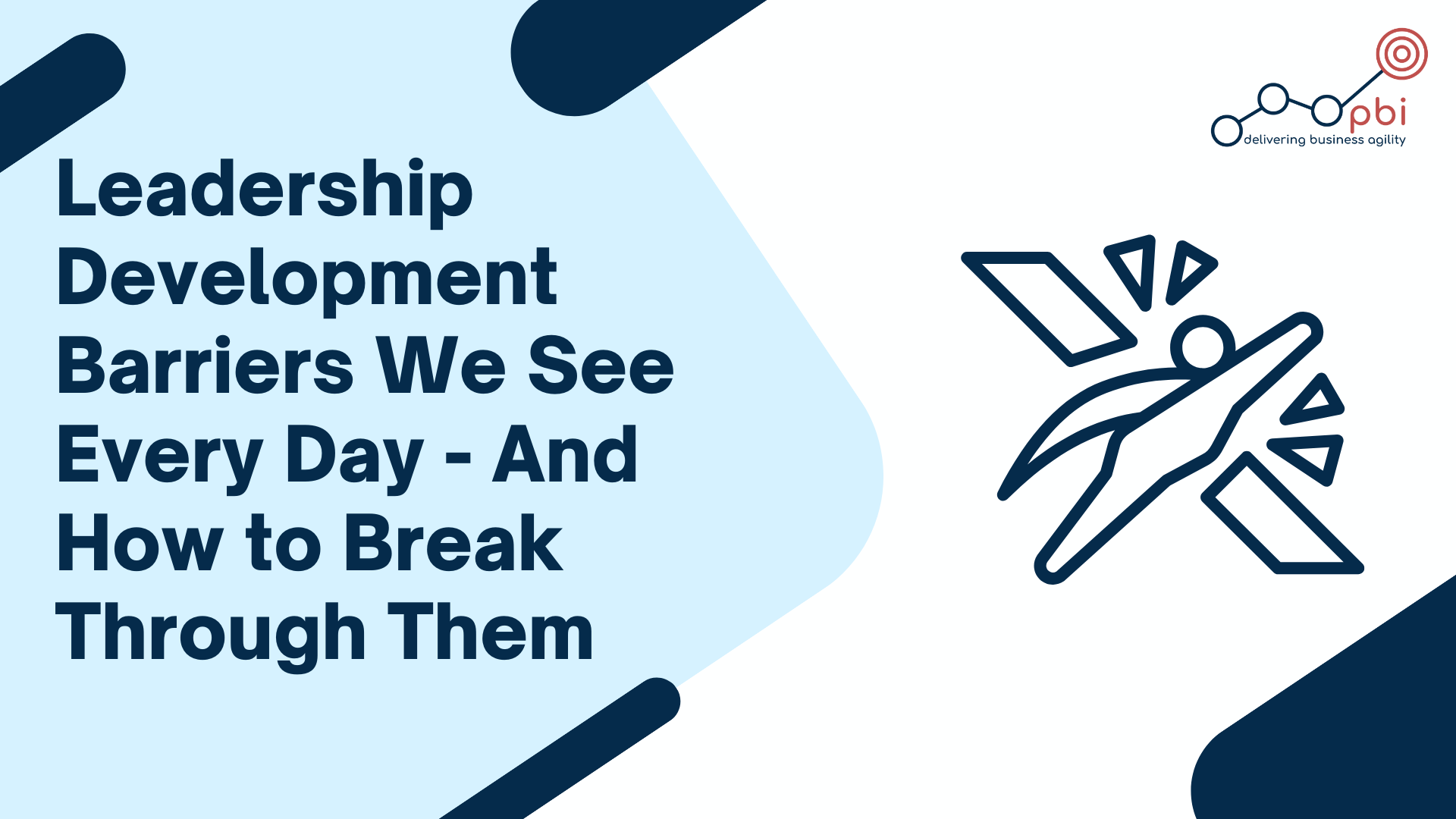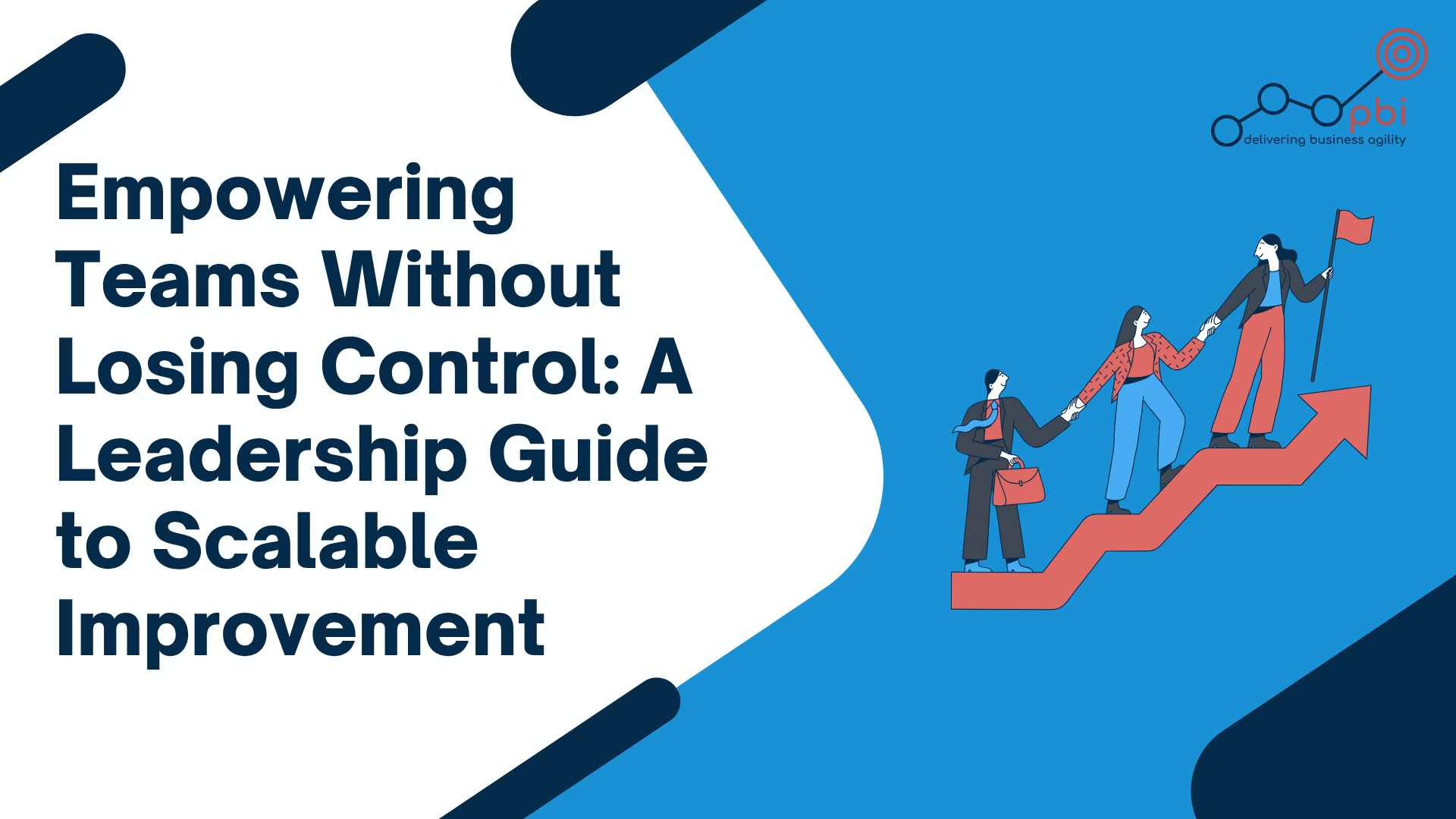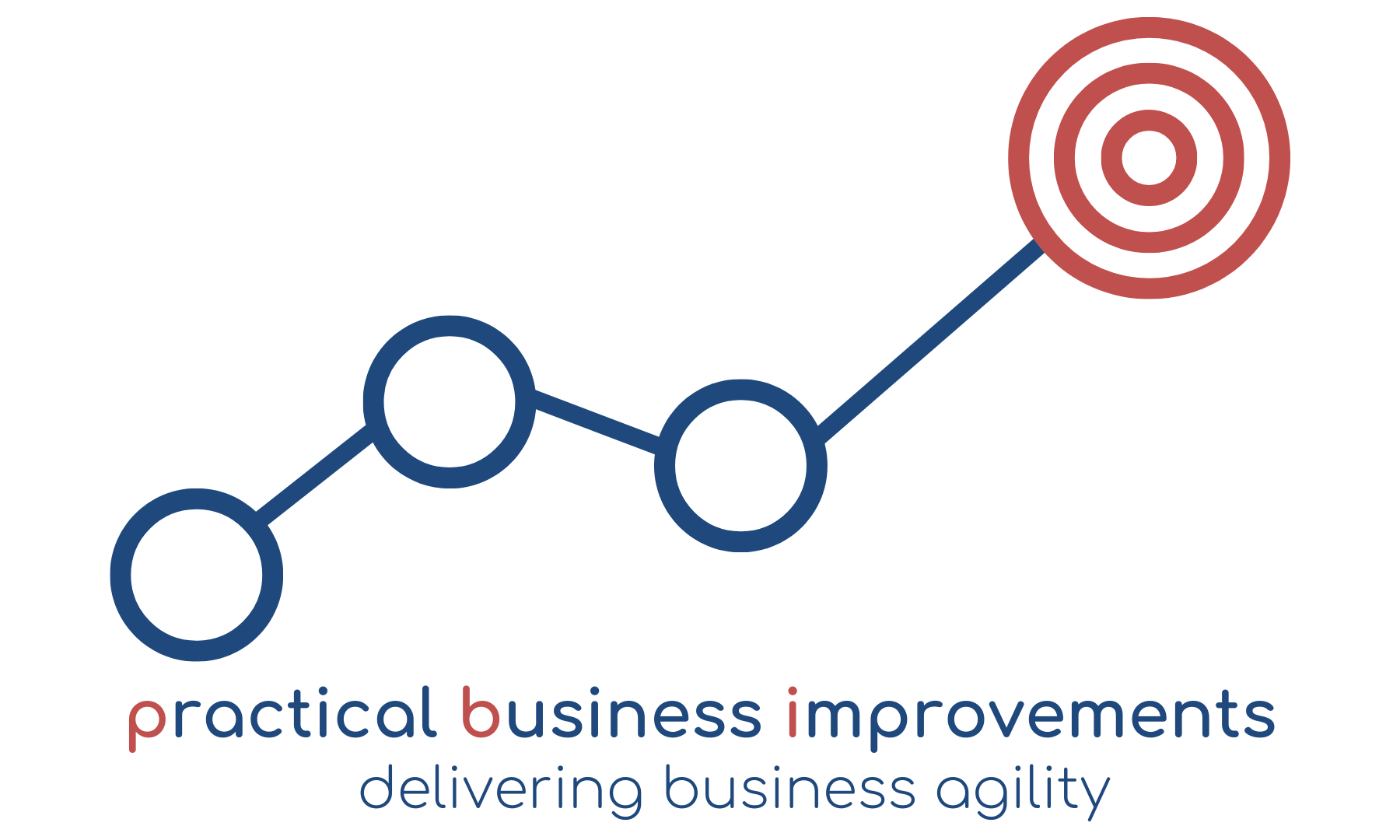The Real ROI of Lean Practitioner Training - Why It’s More Than Just a Certificate
When organisations invest in professional development, they often look for a return that goes beyond the paper qualification. This is especially true with Lean Practitioner training, where the true value lies in the real-world application of the skills learned. In the UK, where operational efficiency and adaptability are more important than ever, understanding the real ROI of Lean Practitioner training is crucial.
1. Why ROI Matters in Lean Practitioner Training
For many decision-makers, ROI is the deciding factor when choosing a training programme. Lean Practitioner training delivers measurable returns because it equips participants with the tools, techniques, and mindset to identify waste, improve processes, and drive sustainable change. The outcomes are not limited to operational improvements - they often include cultural transformation, higher engagement, and faster decision-making.
2. Beyond the Certificate - The Lasting Value
A certificate demonstrates that the learner has completed the training, but the real measure of value is in how those skills are applied back in the workplace. The SCQF accredited Lean Practitioner course is not just about classroom learning, it’s about embedding practical skills that create visible, lasting results.
Participants learn how to lead Kaizen events, facilitate problem-solving workshops, and implement continuous improvement frameworks. They leave the course ready to:
- Identify and remove inefficiencies in daily operations
- Build better collaboration across teams and departments
- Deliver projects that have a direct financial and operational impact
This lasting impact means organisations can continue to see the benefits long after the course has finished.
3. Measuring ROI - Tangible and Intangible Benefits
Lean Practitioner training delivers value in multiple ways:
Tangible benefits:
- Reduced operational waste and costs
- Shorter lead times and improved throughput
- Increased productivity across teams
Intangible benefits:
- A culture of continuous improvement
- Stronger problem-solving capabilities in employees
- Higher employee engagement and retention
These benefits combine to create a business that is not only more efficient but also better equipped to adapt to change and seize new opportunities.
4. Why SCQF Accreditation Matters
Accreditation is a signal of quality and credibility. The SCQF framework ensures that the course meets high standards in both content and delivery. For UK organisations, this means confidence that the skills learned are recognised, transferable, and benchmarked against an industry-approved standard.
When investing in an SCQF accredited programme, leaders can be sure that the training is:
- Aligned to measurable competencies
- Designed with both practical application and assessment in mind
- Recognised across sectors and industries
5. Case Insight - How Lean Practitioner Training Delivered Real Impact
Recent work with clients in the renewable energy sector has shown just how far-reaching the ROI can be. Two standout examples are:
- Engaged Culture - Lean Practitioner training equipped internal champions to drive cultural change, improve communication, and strengthen team engagement across multiple global sites.
- Internal Capability Build - Teams developed the skills to independently lead improvement projects worldwide, reducing reliance on external consultants and creating sustainable capability in-house.
In both cases, the training delivered a measurable uplift in operational performance while embedding a long-term improvement culture.
Conclusion - More Than Just Training, It’s Transformation
The real ROI of Lean Practitioner training is in its ability to deliver both immediate operational improvements and long-term cultural change. It’s about empowering teams to lead change, not just follow processes.
If you are ready to see measurable improvements in both capability and culture, explore our Lean Practitioner course today.
